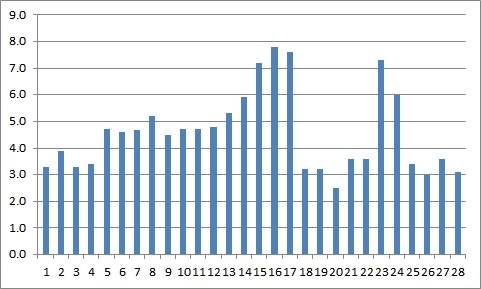Yes, seems urologists love those needle biospsies, that's what they were trained to do! 14 years ago I had some higher PSA scores and GP referred me to urologist. Went to urologist for a couple years getting PSA tested the whole time, every six months. He from the start wanted to do needle biopsies, and, get this, he said he wanted to do 20 samples! To get "all areas sampled" was his thinking. I declined any biopsies at that time. Psa's stabilized last time i went to urologist. Finally quit going there because he kept urging needle biopsies. I did follow up PSAs with GP for a few more years, and PSAs subsided to more normal lower levels and stayed there. Fast forward another five years or so. GP quit recommending even getting the PSA scores. And he said they had revised their thinking about the whole subject (i.e., they concluded "first, do no harm").
If I had let that urologist take that 20-sample needle biopsy, how much of my prostate would have been left? I only imagine i avoided a lot of unpleasant side efects from biopsies which I have read about. Not to mention needless expense and worry.




